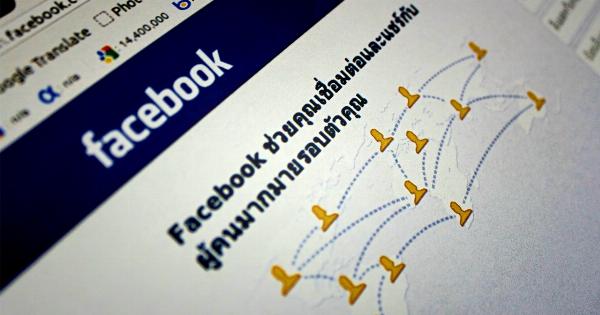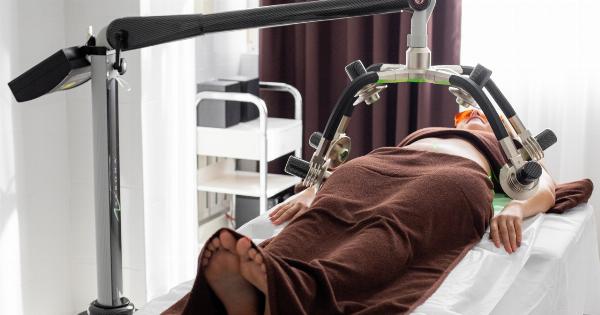Myopia is a common refractive error affecting nearly 1.45 billion people worldwide. It is a condition where the light entering the eye does not focus correctly on the retina, leading to blurred vision.
Myopia can be corrected using different methods, including corrective lenses, refractive surgery, and orthokeratology. Among these methods, LASIK has gained popularity for its effectiveness and safety in treating myopia. In this article, we explore why LASIK is the better choice for treating myopia.
What is LASIK?
LASIK stands for Laser-Assisted In Situ Keratomileusis. It is a type of refractive surgery designed to correct vision problems such as myopia, hyperopia, and astigmatism.
LASIK reshapes the cornea, the transparent layer at the front of the eye, to improve how light enters the eye and focuses on the retina. The procedure involves using a laser to create a thin, hinged flap on the cornea. The flap is then lifted to expose the cornea, where the laser is used to remove some tissue to reshape the cornea and improve vision.
The flap is then repositioned, and the eye is left to heal. The entire procedure takes around 15 minutes per eye and is done under local anesthesia.
Why is LASIK the better choice for treating myopia?
There are several reasons why LASIK is the better choice for treating myopia compared to other methods. Some of these include:.
1. Quick and Painless Procedure
LASIK is a quick and painless procedure that takes around 15 minutes to complete per eye. The procedure is done under local anesthesia, which means the patient remains awake during the procedure.
The laser used in LASIK surgery is also designed to work quickly, taking only a few seconds to reshape the cornea. This makes LASIK more time-efficient and less stressful for patients compared to other methods. Additionally, the majority of patients who undergo LASIK surgery experience little to no pain during or after the procedure.
2. High Success Rate
LASIK is a highly successful procedure for correcting myopia. According to the American Society of Cataract and Refractive Surgery (ASCRS), the success rate of LASIK surgery for myopia ranges from 96% to 98%.
This means that most patients who undergo LASIK surgery for myopia experience a significant improvement in their vision, with many achieving 20/20 vision or better. The success rate of LASIK for myopia is also higher than for other methods such as orthokeratology, which has a success rate of around 70%.
3. Permanent Results
LASIK surgery provides permanent results for myopia. Once the cornea is reshaped using the laser, the changes are permanent and do not require any further correction.
This is in contrast to other methods such as contact lenses or orthokeratology, which require ongoing maintenance and replacement. Patients who undergo LASIK surgery for myopia can enjoy clear vision for many years without the hassle of maintenance.
4. Minimal Side Effects
Most patients who undergo LASIK surgery for myopia experience minimal side effects. The most common side effects are dry eyes, glare, halos, and sensitivity to light.
However, these side effects are usually temporary and resolve on their own within a few days or weeks. In rare cases, patients may experience more severe side effects such as infection or vision loss, but these are very rare, occurring in less than 1% of cases.
5. Convenient Lifestyle
LASIK surgery for myopia allows patients to enjoy a more convenient lifestyle. With clear vision, patients can participate in activities such as swimming or sports without the need for corrective lenses or worrying about taking them out of their eyes.
Additionally, LASIK surgery eliminates the need for ongoing maintenance, saving patients time and money in the long run.
Conclusion
Myopia is a common refractive error that can significantly impact a person’s quality of life. LASIK surgery provides an effective and safe solution for correcting myopia, with a high success rate, permanent results, and minimal side effects.
While other methods such as orthokeratology and corrective lenses may be suitable for some patients, LASIK surgery is the better choice for those looking for a quick, painless, and permanent solution to myopia.




























